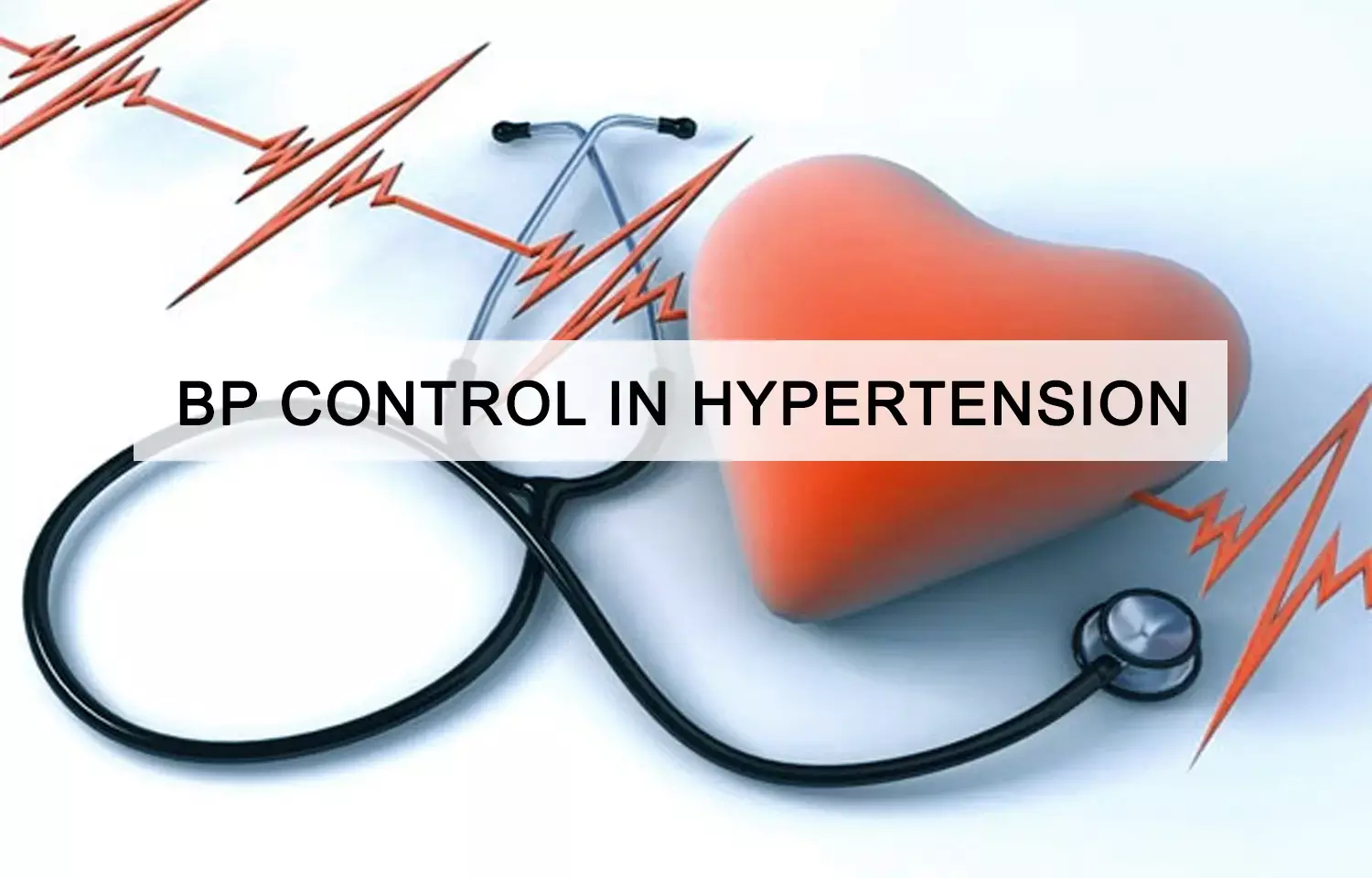- Home
- Medical news & Guidelines
- Anesthesiology
- Cardiology and CTVS
- Critical Care
- Dentistry
- Dermatology
- Diabetes and Endocrinology
- ENT
- Gastroenterology
- Medicine
- Nephrology
- Neurology
- Obstretics-Gynaecology
- Oncology
- Ophthalmology
- Orthopaedics
- Pediatrics-Neonatology
- Psychiatry
- Pulmonology
- Radiology
- Surgery
- Urology
- Laboratory Medicine
- Diet
- Nursing
- Paramedical
- Physiotherapy
- Health news
- Fact Check
- Bone Health Fact Check
- Brain Health Fact Check
- Cancer Related Fact Check
- Child Care Fact Check
- Dental and oral health fact check
- Diabetes and metabolic health fact check
- Diet and Nutrition Fact Check
- Eye and ENT Care Fact Check
- Fitness fact check
- Gut health fact check
- Heart health fact check
- Kidney health fact check
- Medical education fact check
- Men's health fact check
- Respiratory fact check
- Skin and hair care fact check
- Vaccine and Immunization fact check
- Women's health fact check
- AYUSH
- State News
- Andaman and Nicobar Islands
- Andhra Pradesh
- Arunachal Pradesh
- Assam
- Bihar
- Chandigarh
- Chattisgarh
- Dadra and Nagar Haveli
- Daman and Diu
- Delhi
- Goa
- Gujarat
- Haryana
- Himachal Pradesh
- Jammu & Kashmir
- Jharkhand
- Karnataka
- Kerala
- Ladakh
- Lakshadweep
- Madhya Pradesh
- Maharashtra
- Manipur
- Meghalaya
- Mizoram
- Nagaland
- Odisha
- Puducherry
- Punjab
- Rajasthan
- Sikkim
- Tamil Nadu
- Telangana
- Tripura
- Uttar Pradesh
- Uttrakhand
- West Bengal
- Medical Education
- Industry
Chlorthalidone improves BP control in CKD patients with uncontrolled hypertension: NEJM

USA: A recent study has shown that chlorthalidone therapy improved blood-pressure control at 12 weeks in patients with advanced chronic kidney disease and poorly controlled hypertension. The study was published in the New England Journal of Medicine on November 5, 2021.
The study was conducted by Rajiv Agarwal and colleagues with an objective to determine the use of thiazide diuretics to treat hypertension in patients with advanced chronic kidney disease.
The study included patients with stage 4 chronic kidney disease and poorly controlled hypertension, as confirmed by 24-hour ambulatory blood pressure monitoring. 160 patients were randomly assigned in a ratio of 1:1 to receive chlorthalidone at an initial dose of 12.5 mg per day, with increases every 4 weeks if needed to a maximum dose of 50 mg per day, or placebo. The randomization was stratified according to the previous use of loop diuretics. The primary outcome was the change in 24-hour ambulatory systolic blood pressure from baseline to 12 weeks.
A total of 160 patients underwent randomization, of whom 121 (76%) had diabetes mellitus and 96 (60%) were receiving loop diuretics.
Key findings include:
- At baseline, the mean (±SD) estimated glomerular filtration rate was 23.2±4.2 ml per minute per 1.73 m2 of body-surface area and the mean number of antihypertensive medications prescribed was 3.4±1.4.
- At randomization, the mean 24-hour ambulatory systolic blood pressure was 142.6±8.1 mm Hg in the chlorthalidone group and 140.1±8.1 mm Hg in the placebo group and the mean 24-hour ambulatory diastolic blood pressure was 74.6±10.1 mm Hg and 72.8±9.3 mm Hg, respectively.
- The adjusted change in 24-hour systolic blood pressure from baseline to 12 weeks was −11.0 mm Hg in the chlorthalidone group and −0.5 mm Hg in the placebo group.
- The between-group difference was −10.5 mm Hg.
- The percent change in the urinary albumin-to-creatinine ratio from baseline to 12 weeks was lower in the chlorthalidone group than in the placebo group by 50 percentage points.
- Hypokalemia, reversible increases in serum creatinine level, hyperglycemia, dizziness, and hyperuricemia occurred more frequently in the chlorthalidone group than in the placebo group.
The researchers concluded, "Among patients with advanced chronic kidney disease and poorly controlled hypertension, chlorthalidone therapy improved blood-pressure control at 12 weeks as compared with placebo."
Reference:
The study titled, "Chlorthalidone for Hypertension in Advanced Chronic Kidney Disease," was published in the New England Journal of Medicine.
DOI: https://www.nejm.org/doi/full/10.1056/NEJMoa2110730
Dr Kamal Kant Kohli-MBBS, DTCD- a chest specialist with more than 30 years of practice and a flair for writing clinical articles, Dr Kamal Kant Kohli joined Medical Dialogues as a Chief Editor of Medical News. Besides writing articles, as an editor, he proofreads and verifies all the medical content published on Medical Dialogues including those coming from journals, studies,medical conferences,guidelines etc. Email: drkohli@medicaldialogues.in. Contact no. 011-43720751


